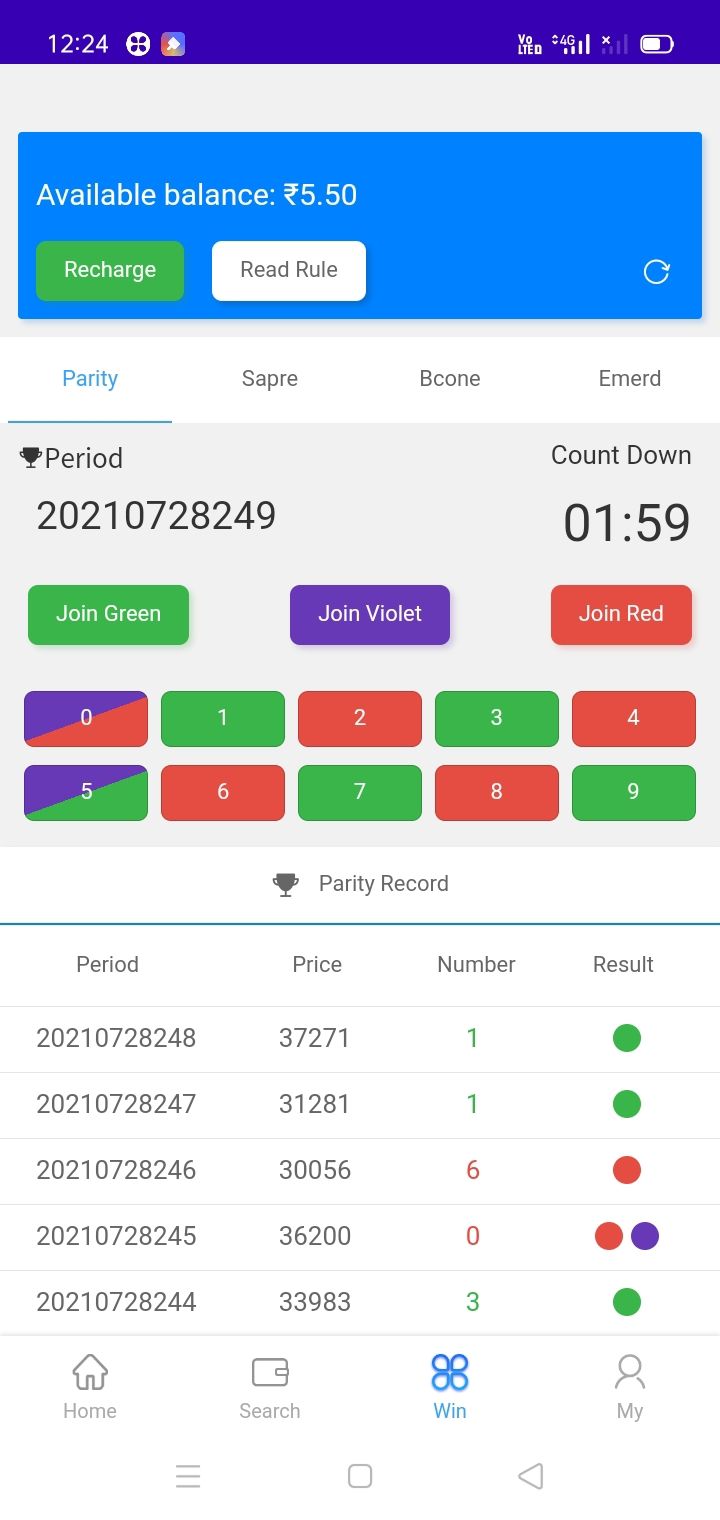The Ultimate Guide to Prediction Zone Tips: Enhancing Your Strategic Decisions
Whether you're a business leader, a market analyst, or just someone interested in future trends, knowing how to predict what's next is a crucial skill. This guide will provide valuable insights and tips on the prediction zone, helping you enhance your ability to make well-informed strategic decisions.
Understanding Prediction Zones
Prediction zones are tools used in various fields such as finance, weather forecasting, and strategic business planning to predict future scenarios. They involve the use of historical data, statistical algorithms, and machine learning models to forecast future events. The accuracy of these predictions relies heavily on the data quality and the methodology employed.

7 Essential Tips for Better Predictions
Here are seven actionable tips that can significantly improve the accuracy and utility of your predictions:
1. Collect Robust Data
Gather as much relevant and high-quality data as possible. The quantity and, more importantly, the quality of the data you analyze directly impact the reliability of your predictions.
2. Incorporate a Wide Range of Variables
Consider multiple factors that might affect the outcome. Utilizing a diverse set of variables can provide a more holistic view and decrease the risk of bias in your predictions.
3. Apply Suitable Statistical Models
The choice of model is crucial. Different models are suitable for various types of data and predictions. Continuous learning and adapting to the most current methods will strengthen your prediction capabilities.
4. Validate and Test Predictions
Always validate your predictions using a separate data set to ensure that your model works in different scenarios. This cross-validation helps in minimizing overfitting and improving model generalizability.

5. Stay Updated with New Techniques and Technologies
The field of predictive analytics is always evolving. Staying informed about new techniques, technologies, and trends is necessary to maintain an edge in making accurate predictions.
6. Recognize the Limits of Predictions
Understand that no prediction is foolproof. Environmental changes, unexpected market conditions, and other external factors can influence the accuracy. Recognizing these limitations allows for better risk management.
7. Use Predictions as a Guide, Not an Absolute
Use your predictions to guide decisions but maintain flexibility. Situations can change, and so may the validity of your predictions. It's important to remain adaptable and responsive to new information.
Conclusion
Effective prediction is as much an art as it is a science—it requires not only technical skills and knowledge but also a sharp intuition and the ability to interpret complex data. By following these prediction zone tips, you can improve your strategic planning and decision-making processes. Remember, the future is not set in stone, but we can certainly prepare for it with savvy, informed predictions.
